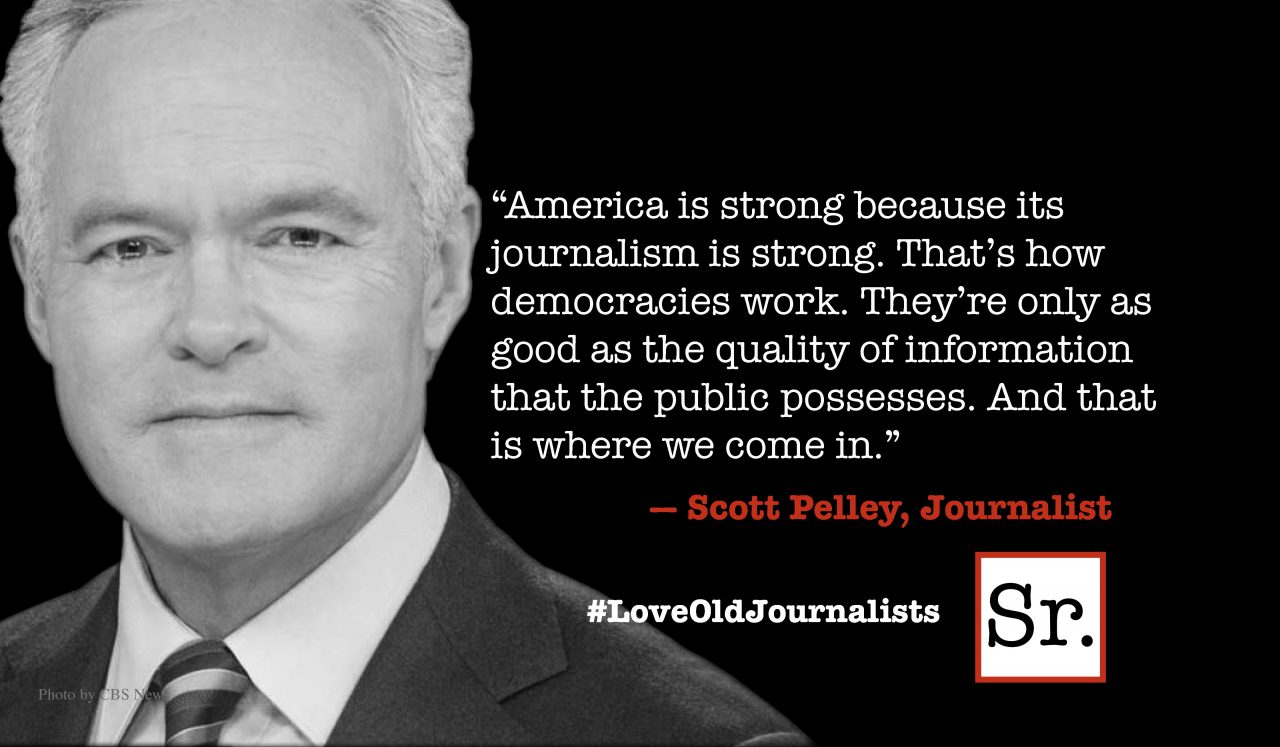As a youngster, Marilyn Bombac, late 60s, never expected to realize her educational dreams. As the oldest of 11 children in a blue-collar family, Bombac knew that due to a lack of money she had little chance to go to college, let alone ever get a doctorate degree.
But Bombac realized the first step of her dream when she received a bachelor's degree from George Mason University in Virginia when she was 38. At the time, her husband Ray, an Air Force sergeant, was stationed at the Pentagon. When Ray was assigned to Hawaii, Bombac received a master's degree in educational administration from the University of Hawaii.
After Ray retired, the couple moved to Omaha, Neb. She received her doctorate from the University of Nebraska in May 2009 at age 66. "My thesis will not further my job. It gives me satisfaction since it's based on my passion on how to teach high school dropouts," she says.
Bombac now serves as academic liaison for the U.S. Strategic Command with American colleges and universities. "My doctorate was not necessary for my current job but it's an asset," she says. In addition, she was elected as Nebraska State president of the American Association of University Women.
It's now rather commonplace for retirees to become college students. According to the U.S. Department of Education, more than 530,000 men and women age 50-plus attend degree-granting colleges and universities. Many will receive undergraduate and graduate degrees, some to fulfill a lifetime dream and others to qualify for a new job or career.
And, then there are the growing numbers of retirees who audit college courses. Private colleges charge a fee for audited courses, but most state schools keep the fees low or do not charge at all. Best to check with your state's department of education on the ground rules where you live. The advantage: no tests, papers or grades.
Also, take a look at the more than 385 colleges affiliated with the Elderhostel Institute Network to learn about their curriculum. And another 120 colleges are linked to the Osher Lifelong Learning Institute. Don't expect to find traditional courses. At Duke University, courses include The History of Submarines, the Art of Making Motion Pictures and Apollo: A Trip to the Moon.
Then there's the approach taken by John McClenahen, who received a master of arts degree in liberal studies from Georgetown University. MALS program are conducted by 130 colleges and universities. Students range in age from late 20s to early 80s, and unlike the traditional master's programs, MALS students design their own academic program and thesis.
McClenahen, 68, was an English and government major at St. Lawrence University in Canton, N.Y. He worked for Penton Publications, a Cleveland-based publisher of business publications.
"Penton then sent me to Washington and I was a staff writer for Industry Week for the balance of my career until I retired in 2004," he says.
At about age 53, 10 years before he retired, McClenahen enrolled in Georgetown University's MALS program. "Since I was working, I only took one course a semester; it took me four years to get my degree. I studied 18th century cultural history. Interestingly, I had no problem making an adjustment to being a graduate student."
McClenahen retired six years ago and he's been writing poetry, including a published collection of poems.








